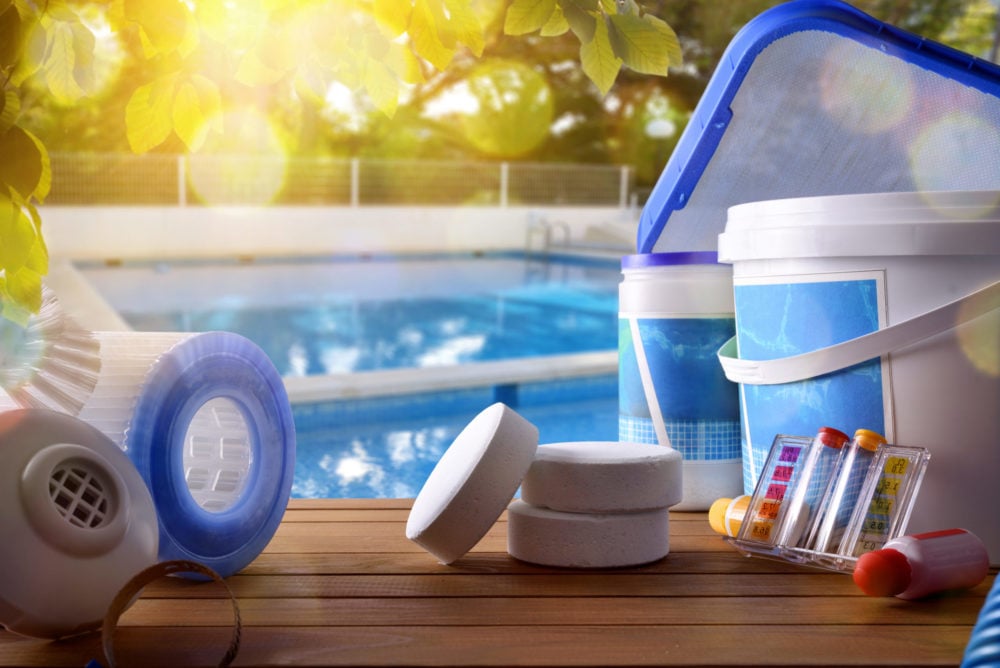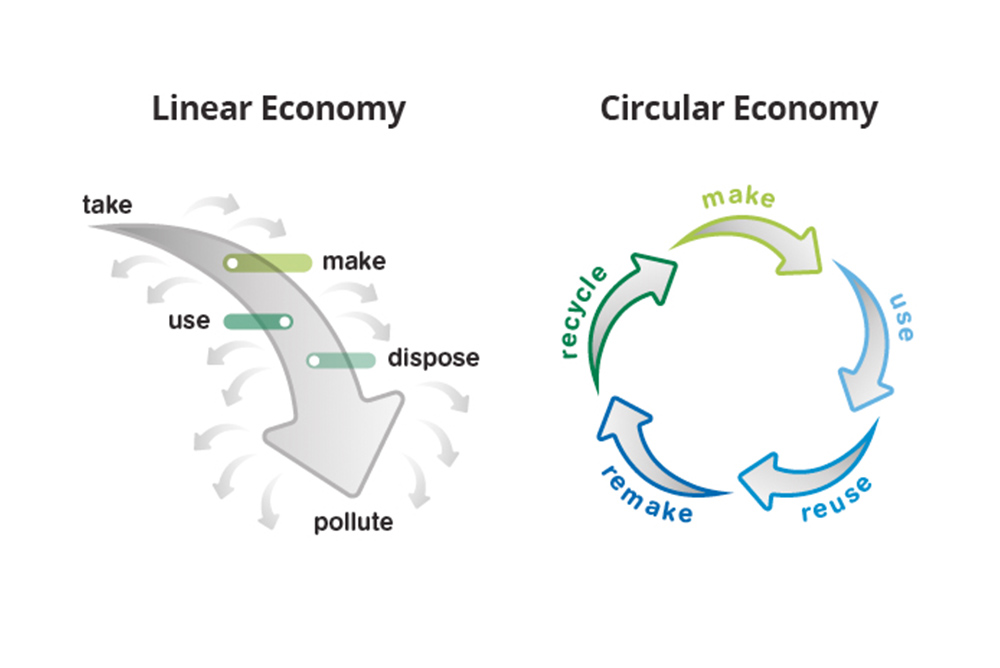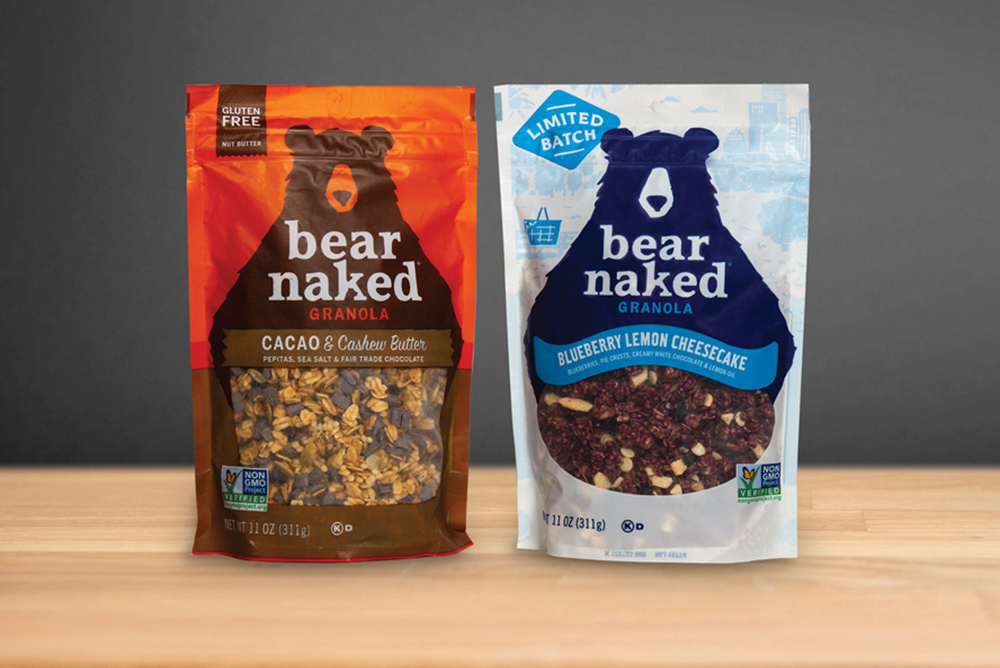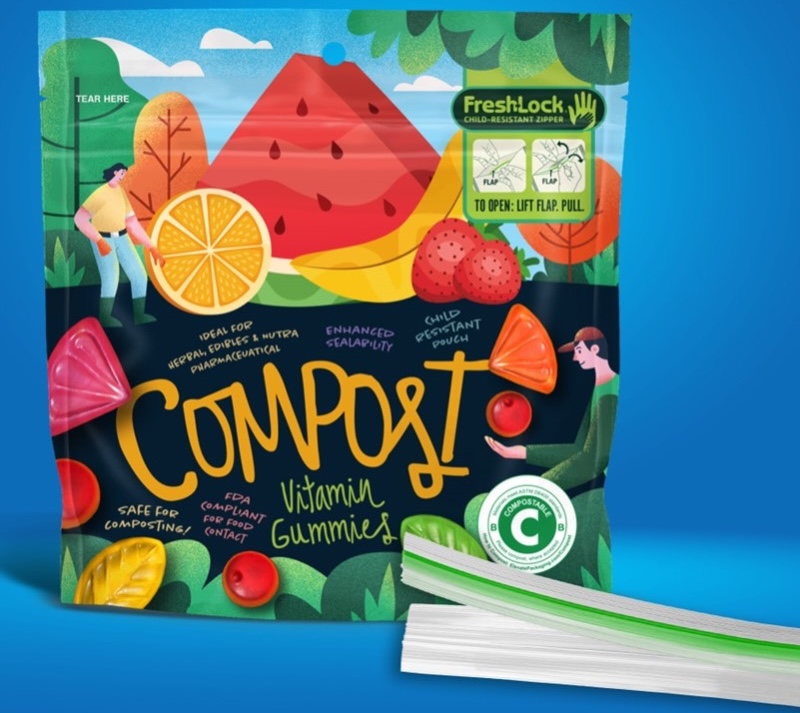
Generation Z and Flexible Packaging: Honesty in Sustainability
As much as we’ve discussed millennials as a target market in recent years, the generation following them is quickly bringing about even more opportunities for brands, especially when it comes to sustainability in product packaging.
We’re talking, of course, about Generation Z.
This generation, born from 1997 onward, has had unprecedented access to computers, cell phones, social media, and other technologies from an early age. In fact, Gen Zers have become so accustomed to this lifestyle that 74% of them spend their free time online, according to IBM Institute for Business Value. This has made them very connected with the world around them, including the problems it faces.
The oldest Gen Zers are about 23 years old, which means many are still in school or just entering the workforce. However, this generation, which is 90.55 million strong, is expected to make up 30% of the U.S. workforce by 2030, according to the U.S. Bureau of Labor Statistics. Today alone, Gen Z has purchasing power of $143 billion, a figure that will only increase as these young consumers enter the workforce.
The stage is set for Gen Z to be the most influential generation to date. Let’s look at this group and what it expects from packaging to learn how brands can reevaluate their operations, particularly when it comes to packaging, marketing, and transparency.
Sustainability-Minded Consumers
Many in Gen Z are not happy about the state of the world when it comes to sustainability. They see the waste and carbon footprints created by previous generations and wonder how they were left with such a mess.

Over 70% of surveyed Gen Zers said they influence family decisions on buying furniture, household goods, and food and beverages.
As Gen Zers become more focused on topics such as unmanageable waste, they are educating not only themselves but those around them to help curb the problem. According to IBM Institute for Business Value, over 70% of surveyed Gen Zers said they influence family decisions on buying furniture, household goods, and food and beverages. Much of this influence is intended to align with brands that are implementing sustainable practices, but sometimes there are disconnects between brands and consumers that prevent good practices from being recognized.
Gen Z and Plastic
In recent years, plastics have been identified as a main culprit of sustainability issues, leading for calls to eliminate the use of plastic in packaging or other applications. However, plastic packaging plays a vital role in our society and can support the circular economy if utilized properly through plastic management.

For example, brands that utilize flexible plastic packaging can help reduce carbon emissions, water consumption, materials to landfill, and fossil fuel usage while increasing product-to-package ratio and shelf life (FPA). As extended producers, we need to place more focus on material recovery and secondary life in our offerings and educate younger consumers on these practices, as they are ideal targets for introducing new technologies.
Unveiling New Packaging Formats
Gen Zers have seen rapid changes in technological advancements as well as in the environment. Some brands have adopted new technologies like AR-enabled packaging to reach these consumers, but you don’t necessarily need to make that big of a leap to appeal to this group. Brands utilizing packaging formats like flexible packaging will attract Gen Z consumers, as they’re more likely than older generations to believe flexible packaging is sustainable.
For example, packaging like the Bear Naked® granola pouch is likely to appeal to Gen Z consumers looking to make a difference, as it requires less energy and fewer materials to produce. This package utilizes the fully-recyclable zipper style 8113 from the Fresh-Lock® 8000 Series as well as sustainable packaging materials. Flexible packaging like this strikes a balance between sustainability and consumer functionality that this fast-paced, eco-conscious generation is seeking. In fact, 73% of Gen Zers not only expect retailers and brands to become more sustainable, they are also willing to pay more for their sustainable products (First Insight).

The fully recyclable Bear Naked® granola pouch strikes a balance between sustainability and consumer functionality that Gen Z is seeking from brands.
Brands that focus on new solutions that align with consumer values will see a growth in Gen Z interaction, as long as they are honest about their practices.
Prove Your Eco-Friendly Practices
Tech-savvy Gen Zers can quickly discover falsehoods through research in the digital world, and once they do, it can be incredibly difficult to regain their trust. And, messaging and billboarding have changed. Gen Z is not as concerned about flashy promotions or big promises as they are about brand honesty. If you claim your new flexible pouch is earth-friendly, you should have evidence to prove it. That information should also be easily available to consumers.
When promoting sustainability initiatives, brands should be able to spell out their efforts and show consumers exactly how and when they are going to achieve them. Looking again at the Bear Naked® pouch, those seeking information about the package can easily see who was involved, what materials were used, and specifically how it supports the circular economy. If you are following honest, sustainable practices, let consumers know it, and don’t be afraid to educate them and ask for their support to help your sustainable efforts succeed.
Building Consumer Loyalty
Brand awareness will always be important, but it may not hold the same weight with buyers from the mid-90’s. Gen Z is forcing brands to answer some tough, valid questions that deserve truthful answers: “Why should I stay with you?” “What are you doing for me and my future?”

Brands looking to build consumer loyalty must align their operations with their messaging to provide a clear look behind the curtain.
Gen Z consumers want to see behind the curtain and will support brands who can show that their sustainability claims have substance. This will help you build consumer loyalty. By adopting new sustainable technologies in flexible packaging and making sure that your operations are aligned with your messaging, consumers like Gen Zers will find value in what you offer and keep coming back.

 Back to Blog
Back to Blog


